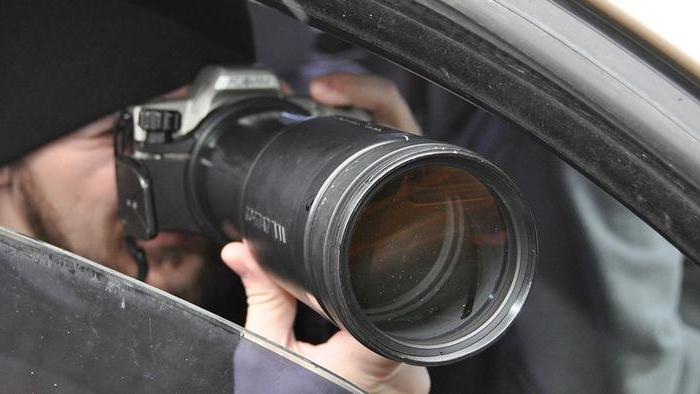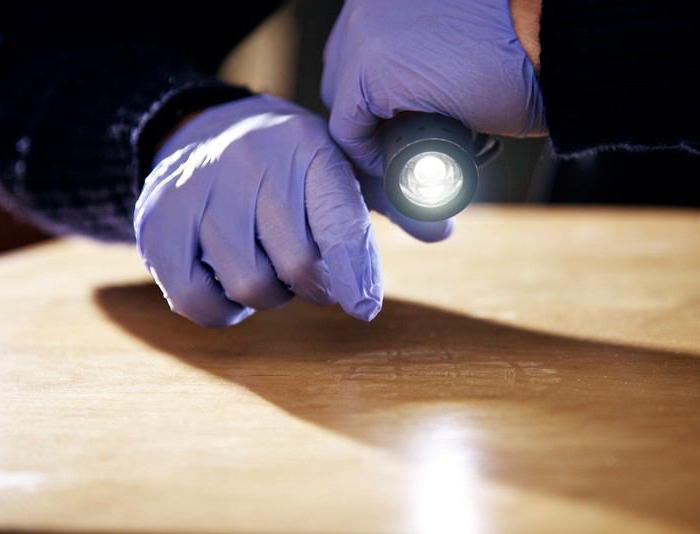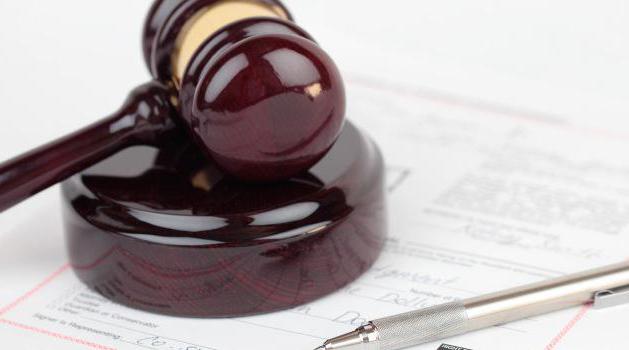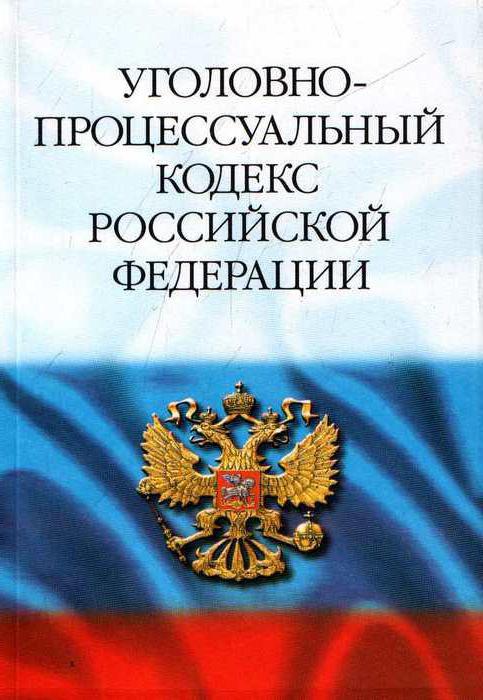The preliminary investigation is one of two forms of pre-trial investigation. In its content, it is an activity aimed at identifying circumstances and facts that must be proved during the process. Their list is given in article 73 of the CPC. 
The meaning of the effect
The preliminary investigation is considered the most comprehensive form of investigation. Its implementation allows to guarantee the establishment of truth as much as possible and ensure the realization of the rights of the parties to the process.
The preliminary investigation is carried out in all criminal proceedings, except for those in which the inquiry is conducted, and cases that are instituted under the rules of private prosecution. Its term in general cases is 2 months. Legislation provides for the possibility of extending this period.
The bodies authorized to conduct the investigation are the Ministry of Internal Affairs, the Investigative Committee, the FSB. Jurisdiction is established by Article 151 of the Code of Criminal Procedure (Part 2).
Duration
The duration of the preliminary investigation is referred to in article 162 of the Code of Criminal Procedure.
As the norm establishes, procedural activities must be completed no later than two months from the date of initiation of proceedings.
The investigation period shall include the period from the day the case is opened until the day the materials are sent to the prosecutor with a conclusion regarding criminal defendant/ a decision on the application of medical coercive measures to the subject or until the date of approval of the decision to dismiss the case.
The time does not include the time allotted to appeal the decision of the prosecutor by the investigator in the case provided for in paragraph 2 of the first part of article 221 of the CPC. It also does not include the period for which the investigation was suspended. Grounds, procedure and terms for suspension of the preliminary investigation enshrined in the 208 norm of the Code of Criminal Procedure.
The duration of the investigation may be extended by one month (from 2 to 3 months) by order of the head of the investigating authority. 
Art. 208 Code of Criminal Procedure
The norm establishes the following grounds for suspension by the official of the preliminary investigation:
- The identity of the citizen, who should be involved in the status of the accused in proceedings, has not been established.
- The suspect or the accused is hiding from the investigation or his whereabouts are unknown.
- The location of the person has been established, but his participation in the case is impossible.
- Temporary serious illness a citizen who should be involved in the status of the accused / suspect, not allowing him to participate in procedural measures. The diagnosis should be confirmed by the conclusion of a medical institution.
General suspension rules
As pointed Art. 208 Code of Criminal Procedure, the investigator who suspends the proceedings makes a decision on this. A copy of it is transmitted to the prosecutor.
If several defendants appear (two or more), and the grounds do not apply to all of them, the investigator may formulate a separate proceeding on them and suspend the investigation of the crimes of individual defendants.
On the grounds established in Art. 208 Code of Criminal Procedure, paragraph 1 and 2 of the first part, the suspension of the investigation is allowed only after the expiration of the time allotted for it (Art. 162), and in paragraphs 3 and 4 - until its end.
Before applying rules 208 of the norm, the investigator must carry out all procedural actions, the commission of which is possible without the main suspect, including taking measures to search for him or establish the identity of the citizen involved in the act.
Seizure of property
If, as part of the proceedings, this measure was applied on the basis of part 3 of article 115 of the Code of Criminal Procedure, the investigator must establish facts confirming that the material assets arrested before the investigation is suspended:
- Obtained as a result of unlawful conductsuspected of crime.
- Used as a tool or other means to commit an assault.
- They provided financing for extremism, an organized group (organized crime group), terrorism, the criminal community, and armed groups.
In this case, the employee must decide on the admissibility of changing restrictions on the use, possession, disposal of property or the removal of the arrest imposed on him. 
If the grounds for the application of arrest in respect of tangible property belonging to a non suspect (mainly including) / for the accused, who is liable for the actions of the accused / suspect, the investigator, with the consent of the head or the interrogating officer, with the consent of the prosecutor, initiates a corresponding petition before the court according to the rules enshrined in norm 115.1 of the Code of Criminal Procedure.
Security measures
As part 8 indicates Art. 208 Code of Criminal Procedureif, within the framework of the production, a decision was previously made to implement security measures during the implementation of state protection, the investigator, with the consent of his supervisor, suspends the investigation and simultaneously makes a decision on their application subsequently or in full / in part to cancel them. The latter is allowed if there is information or a petition received from the body implementing these measures, a statement by the person indicated in Part 2 of Article 16 of the Federal Law No. 119 on the absence of grounds for their further implementation.
The relevant authorized structure, as well as the subject in respect of which it was adopted, is notified of the decision.
Explanation of the norm
Suspension of the investigation provided for Art. 208 Code of Criminal Procedure, represents a break in production for reasons established by law.
The list of grounds given in the norm is considered closed. This means that for other reasons, the investigation cannot be suspended (for example, the victim’s illness or absence, impossibility of appearing at the scene of the investigation of the witness, etc.).
The essence of the grounds
The first reason indicated in Art. 208 Code of Criminal Procedure, suggests that the investigator has enough evidence to support the commission of the act. However, at the same time, the employee does not have information about the person who committed it, and it is not possible to obtain them. Accordingly, the crimes are unsolved.
The second reason is that the investigator has information to indict a specific citizen, but the employee does not know where this subject is. The unknown location of a person may be due to various reasons. One of them is clearly formulated in Art. 208 Code of Criminal Procedure: the person is hiding from the investigation. 
The third reason assumes that the identity of the citizen who may be involved in the crime is established, his location is also known, but the person’s real participation in the case is absent. For example, a subject cannot come to the place of investigation because of the lack of transport links. The reason may be the inability to cross the state border (if the person is abroad). Accordingly, the investigating authorities lack the ability to produce detention of a person suspected of a crime, and deliver it to the ATS department. Meanwhile, such cases are currently very rare. Law enforcement agencies have a sufficient technical base for the detention of persons suspected of unlawful acts, and their delivery to the bodies of the Ministry of Internal Affairs.
Accused / suspect's illness
The fourth reason for the suspension of the investigation should be considered separately.
The disease referred to in paragraph.4 of the first part of article 208, it should be, first of all, difficult. In this case, it is also a matter of mental pathology.
If a forensic psychiatric examination is prescribed in connection with a mental disorder and the existence of doubts about the sanity of a citizen, the investigation in the case should not be suspended. Examination is one of the procedural actions provided for in the investigation process.
To suspend the investigation, it is enough to establish that a citizen has a serious but treatable mental illness, which is not a basis for recognizing insanity, but at the same time creates obstacles to his participation in the investigation.
If the subject committed a crime in an insane state or after committing it fell ill with an incurable mental pathology, investigative actions should continue, but in the manner prescribed for the case with the use of compulsory medical measures. Face disease must be confirmed by an expert opinion.
A disease is considered serious in which the subject is prescribed a prolonged bed rest.
The issue of suspension of the investigation should be decided in each case, taking into account the individual characteristics of the suspect / accused. 
Special conditions
Article 208 sets forth the mandatory rules for officials involved in the proceedings. First of all, the employee must implement the procedural measures that are possible in the absence of the accused. This requirement must be met before the suspension of the case on any of the established grounds.
Secondly, a break in the investigation in cases where the accused / suspect is hiding from law enforcement agencies, his location or identity is not established, is allowed only at the end of the time allotted for the proceedings. If before the end of this period the police officer did not manage to implement all the necessary measures, he must file a request for an extension of the term.
If the basis is a serious illness, the investigation can be suspended until the deadline is reached. However, in this case, the employee must perform the necessary and possible investigative actions in the absence of the suspect / accused.
Important point
To suspend the investigation due to the fact that the accused / suspect is hiding from the court and the investigation, the person’s place of residence is unknown or established, but there is no real possibility to involve a citizen in the proceedings, if the case really involves the person accused / suspected of a crime, direct (procedural) sense of the word. This provision applies equally to cases of the impossibility of a person participating in an investigation due to a serious illness.
If a citizen is hiding from the investigation, fell ill, but the evidence of his involvement in the act is not enough to attract him to the case as an accused, and he is not a suspect within the meaning of provisions of Article 46 of the Code of Criminal Procedure, the investigation cannot be suspended. In such a situation, the official must obtain new information. 
The lack of sufficient evidence amounts to a failure to identify the subject who must be involved in the proceedings in the status of the accused. Accordingly, in such a situation, the investigation may be suspended.
Decree
It is a binding document that the investigator draws up when the investigation is suspended. The decision must be motivated. The document should set out the circumstances of the crime, indicate the specific basis in accordance with which the investigation is suspended. Paperwork is carried out according to the rules provided for procedural acts. Accordingly, it must contain all the required details (name of the body of the VD, F. I. O., position of the drafter, etc.).
To interrupt the procedural activity, no one needs to receive consent. This refers, in particular, to the consent of the victim and other interested parties.
If several defendants appear in a case, but the grounds relate to only one (or some) of them, the employee may form a separate proceeding, suspending the case of the acts of the relevant persons or of the whole crime.
Additionally
The suspension of the investigation entails the cessation of all procedural actions. However, the law provides for continuing measures. For example, this may be the arrest of property, mail and telegraphic correspondence, control and recording of telephone conversations. Such procedural actions are not canceled after the suspension of the investigation. In addition, the preventive measure that was adopted in respect of the person remains valid if, of course, the grounds for its application have not disappeared. 
Criminal proceedings suspended under the rules discussed above are not archived. The case is kept by the investigator who issued the relevant decision.